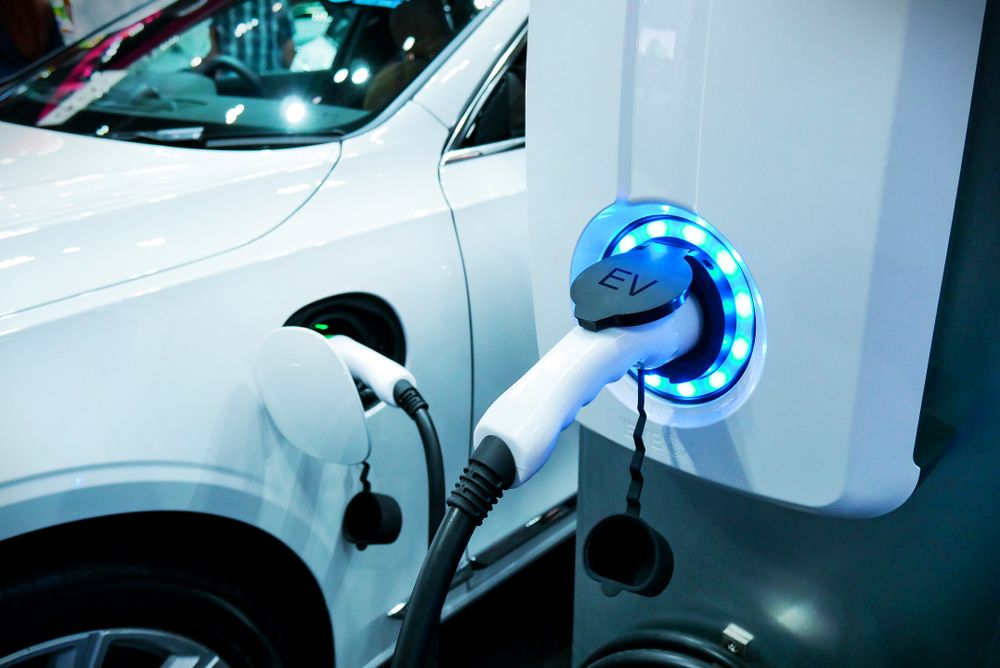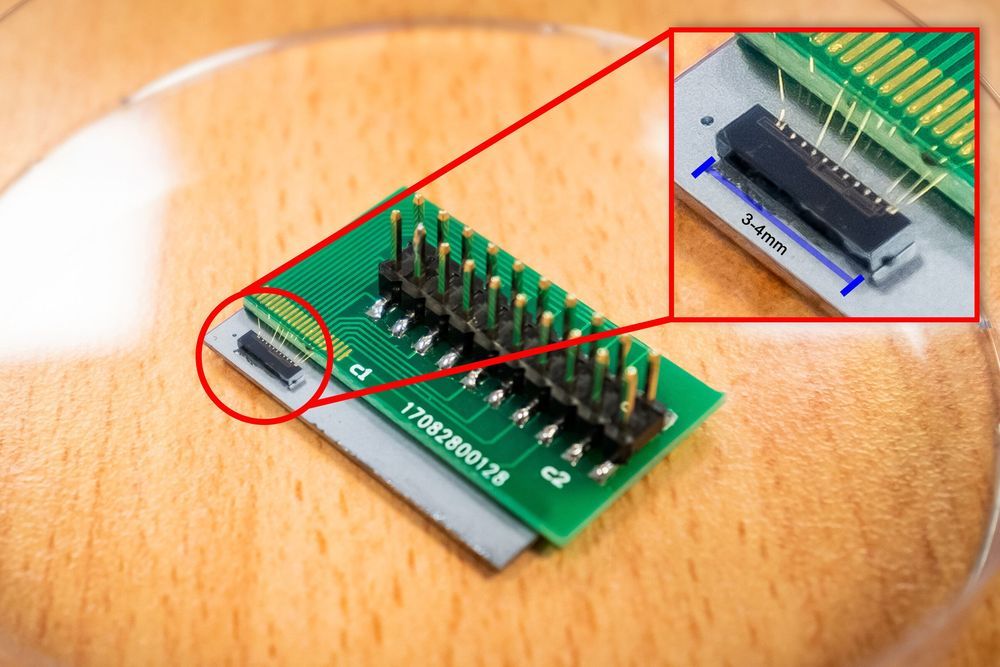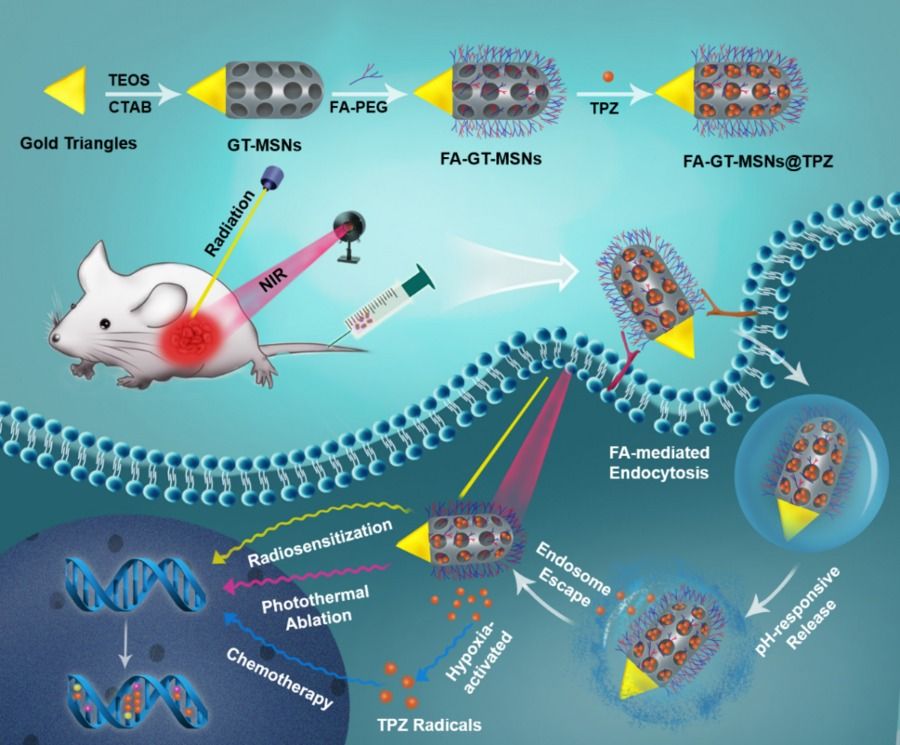A rogue Android app previously available on Google Play has been making millions of fraudulent purchases and sending your data back to ad networks. Here’s what you need to know.




In 1935, physicist Erwin Schrödinger concocted a thought experiment to illustrate a pair of strange quantum physics phenomena: superposition and unpredictability.
The experiment became known as Schrödinger’s cat, and for more than 80 years, it’s served as a cornerstone of quantum physics. But in a newly published study, a team of Yale scientists essentially destroys the premise at the center of the experiment — groundbreaking work that could finally allow researchers to develop useful quantum computers.




Researchers at Nanyang Technological University, Singapore (NTU Singapore) have developed a quantum communication chip that is 1,000 times smaller than current quantum setups, but offers the same superior security quantum technology is known for.
Most leading security standards used in secure communication methods—from withdrawing cash from the ATM to purchasing goods online on the smartphone—does not leverage quantum technology. The electronic transmission of the personal identification number (PIN) or password can be intercepted, posing a security risk.
Roughly three millimeters in size, the tiny chip uses quantum communication algorithms to provide enhanced security compared to existing standards. It does this by integrating passwords within the information that is being delivered, forming a secure quantum key. After the information is received, it is destroyed along with the key, making it an extremely secure form of communication.


Want to stay young for long? If so, start exercising four to five times a week as it may help keep your heart stay healthy and slow down ageing, according to researchers.
Research showed that different sizes of arteries are affected differently by varying amounts of exercise.
While exercising for about two to three days a week for about 30 minutes may be sufficient to minimise stiffening of middle-sized arteries, exercising for about four to five days a week is required to keep the larger central arteries youthful.

Photo shows how the new nanomaterial can be used to treat liver cancer in mice. Experimental results prove that the material is efficient and safe in fighting tumors.(Photo provided to Xinhua)
Chinese scientists have invented a nanomaterial which has been proved effective in fighting liver tumors, providing new hope for cancer patients.
NANJING, Oct. 31 (Xinhua) — Chinese scientists have developed a nanometer material that can be used for liver cancer treatment, according to the Suzhou Institute of Biomedical Engineering and Technology under the Chinese Academy of Sciences Wednesday.